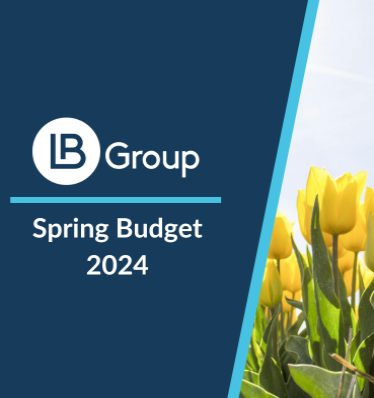Get in touch; we would love to help.
Spring Budget: High Income Child Benefit Charge
What is Child Benefit?
Child benefit can be claimed by parents for bringing up a child who is under the age of 16, or if they remain in education until the age of 20.
However, there is a High Income Child Benefit Charge (HICBC) which is applied if the adjusted net income of the child benefit claimant or their partner exceeds £50,000. The charge essentially claws back up to 100% of the child benefit received. Where income is above £60,000 or higher the tax charge is equal to the amount of the total child benefit payment received. The charge is collected through self-assessment.
Families impacted by the HICBC have two options:
- They can continue to claim child benefit and pay the HICBC at the end of each tax year via their self assessment tax return or
- Opt out and no longer claim child benefit.
What are the new rules?
As part of the Government’s objective to support parents with the costs of raising a child, from 6th April 2024 the adjusted net income threshold for HICBC will increase from £50,000 to £60,000.
For individuals with income over £80,000, the amount of the tax charge will equal the amount of the Child Benefit payment.
Those who are making a new claim
New claims to child benefit are automatically backdated by three months, or to the child’s date of birth (whichever is later).
For child benefit claims made after 6 April 2024, backdated payments will be treated for HICBC purposes as if the entitlement fell in 2024/2025 tax year, if the backdating would otherwise create a HICBC liability in the 2023/2024 tax year.
For clients who are considering whether to claim this benefit we can look at the tax impact of delaying the start until the new tax year.
Existing Claimants
For those impacted by the HICBC, there may be benefits in giving due consideration to the timing of drawing income from your businesses and the impact it has to personal income levels and the HIBCB. There may be benefit in delaying income to the next tax year for instance.
In addition, the ability to make personal pension contributions to reduce the impact of the HICBC is still available and should be considered as part of the bigger picture planning.
Household Income Approach
Increasing the HICBC threshold will have a positive impact for around 485,000 families. The government estimates that nearly half a million families will gain an average of £1,260 in 2024-25 as a result.
The Government has also acknowledged that the HICBC is another part of the tax system that needs to be made fairer. With a household income approach being introduced in April 2026, this will go some way into achieving this.
It is unfair that currently a household with two parents each earning £49,000 a year will receive child benefit in full, whilst a household earning less overall but with one parent earning over £50,000 or a single parent household, will see some or all of the benefit withdrawn.
The announcements made in the Spring Budget will go some way to helping families and also bring equality into the tax system.
If you have any questions on this article, please do not hesitate to get in contact with our team who will be able to help.


